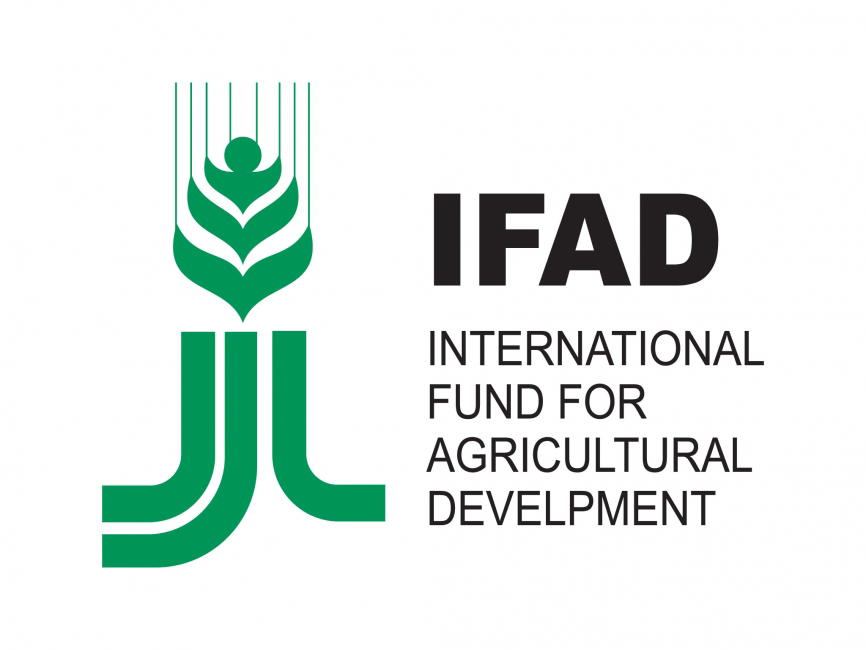

Vulnerable farmers at risk
As 1 million animals, plant species to face extinction
By Gabriel Ewepu – Abuja
Ahead of the UN Biodiversity Conference (COP-15) that begins on 11 October, 2021, the International Fund for Agricultural Development, IFAD, Thursday, raised the alarm over ldeclining biodiversity threatens food production.
The alarm was raised by Associate Vice President, Strategy and Knowledge Department, IFAD, Dr Jyotsna Puri, while speaking on a report released by IFAD on the calamity depreciating biodiversity will cause the world on fighting climate change and hunger.
According to Puri, the report also outlines how investments in biodiversity contribute to gender equity, women and youth empowerment, and nutrition. Drawing on case studies, the report shows how investments in protecting and enhancing ecosystems can increase benefits to small-scale farmers and the environment.
He added that in Kenya, restoring degraded forests has improved rain capture, boosting water supply and quality, and enhancing farmers’ productivity.
READ ALSO: IFAD’s report discloses over 800m people deep in hunger
In Burkina Faso, a range of agroecological techniques and tree planting has improved yields, climate resilience and contributed to storage of over 1.7 million tons of carbon dioxide.
According to IFAD, an estimated 80 per cent of the needs of the world’s poor, including their ability to farm and earn incomes are derived from biological resources.
However, biodiversity loss is currently on the rise, with 1 million animal and plant species threatened with extinction, and 31 species declared extinct last year alone.
Despite standing to suffer immensely from any decline in biodiversity, agriculture is ironically the number one driver of biodiversity loss, primarily through expansion and intensification.
He said: “We are at a critical juncture. If we lose biodiversity, we lose our ability to respond to hunger and climate change.
“We know that large-scale agriculture threatens biodiversity. On the other hand, small-scale farmers protect our natural resources. When biodiversity is protected, and ecosystems are healthy and diverse, farmers are more productive and more resilient to climate change.
“If development investments do not take nature into account, our money will be wasted.
“If we continue to lose biodiversity, the world’s most vulnerable people will not be able to adapt to climate change nor sustainably produce food.
“The report also details the role that rural small-scale farmers play in protecting biodiversity.”
As part of its own increase in biodiversity investments, last month IFAD announced a commitment to focus 30 per cent of its climate finance to support nature-based solutions in rural small-scale agriculture by 2030.
Nature-based solutions promote the proactive conservation, management and restoration of natural ecosystems and biodiversity to contribute to addressing the challenges of climate change, food and water security, and human health.
The post IFAD raises alarm on how declining biodiversity threatens food production appeared first on Vanguard News.
0 Commentaires